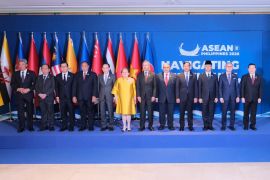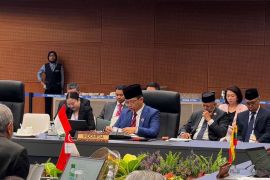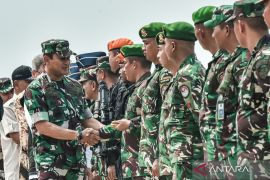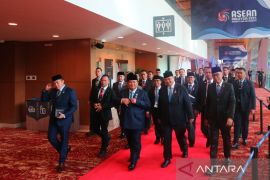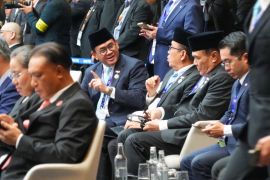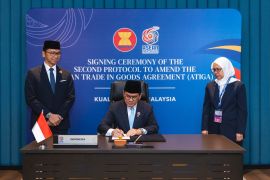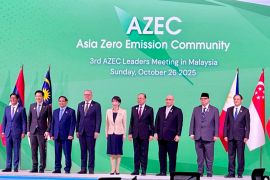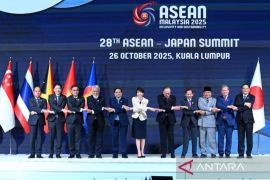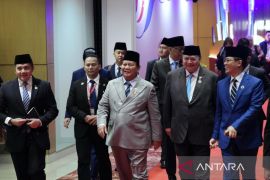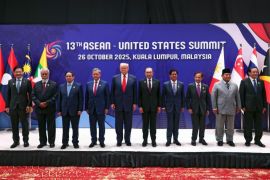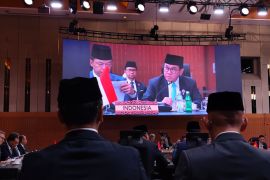"We have a shared responsibility to not create new conflicts, to not create new tensions, to not create new wars," he stated at the opening of the 18th EAS here on Thursday.
The president remarked that at the same time, EAS leaders have the responsibility to ease high tensions as well as to create rooms for dialogues and bridge differences.
Jokowi noted that the ASEAN had been determined to make the region become the epicentrum of growth.
"Therefore, the ASEAN will continue to work to play a role as a contributor of peace and stability, and ASEAN will really appreciate if this East Asia Summit can agree on a leaders' statement on the determination to continue making this region an epicentrum of growth," he remarked.
The president urged the leaders to make EAS a forum for strengthening collaboration and cooperation and not for sharpening rivalries.
"I invite all the leaders to show wisdom, to show leadership, so that this meeting can be a success and bring real benefits to the world's community," he remarked.
EAS is an open regional forum that emerged in the East Asia region in 2005.
At the onset, there were 16 participating countries in the EAS, namely 10 ASEAN countries, Australia, China, India, Japan, South Korea, and New Zealand.
The United States (US) and Russia officially joined the forum at the 6th EAS in Bali in November 2011, thereby bringing the number of EAS countries to 18.
EAS is a leaders-led summit forum, with the ASEAN serving as a driving force in partnership with other member countries.
At the 18th EAS, Indonesia, as the chair of ASEAN this year, also invited Timor-Leste, as an observer, as well as Bangladesh, as chair of the Indian Ocean Rim Association (IORA), and the Cook Islands, as chair of the Pacific Islands Forum (PIF).
Related news: Disturbances in Southeast Asia could disrupt global economy: Jokowi
Related news: President Jokowi pushes ASEAN, India to cooperate in blue economy
Translator: Yashinta Difa, Raka Adji
Editor: Azis Kurmala
Copyright © ANTARA 2023

